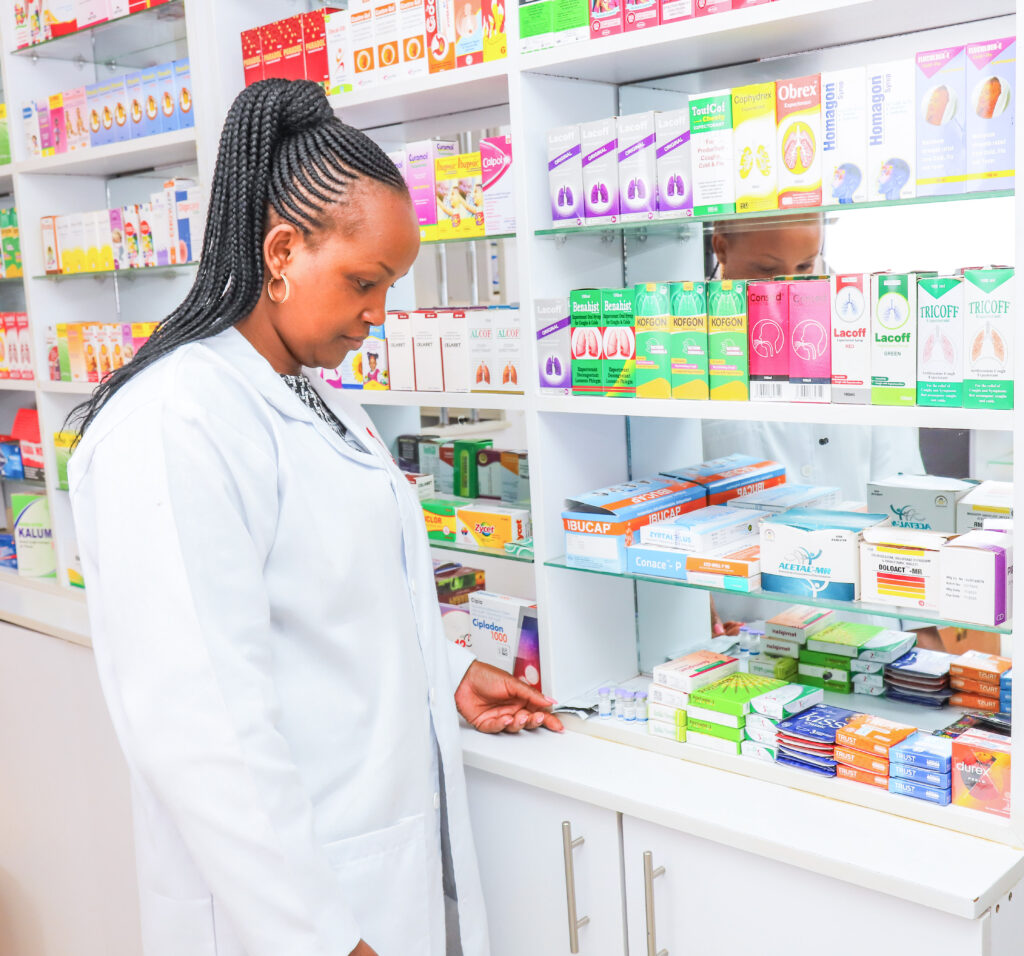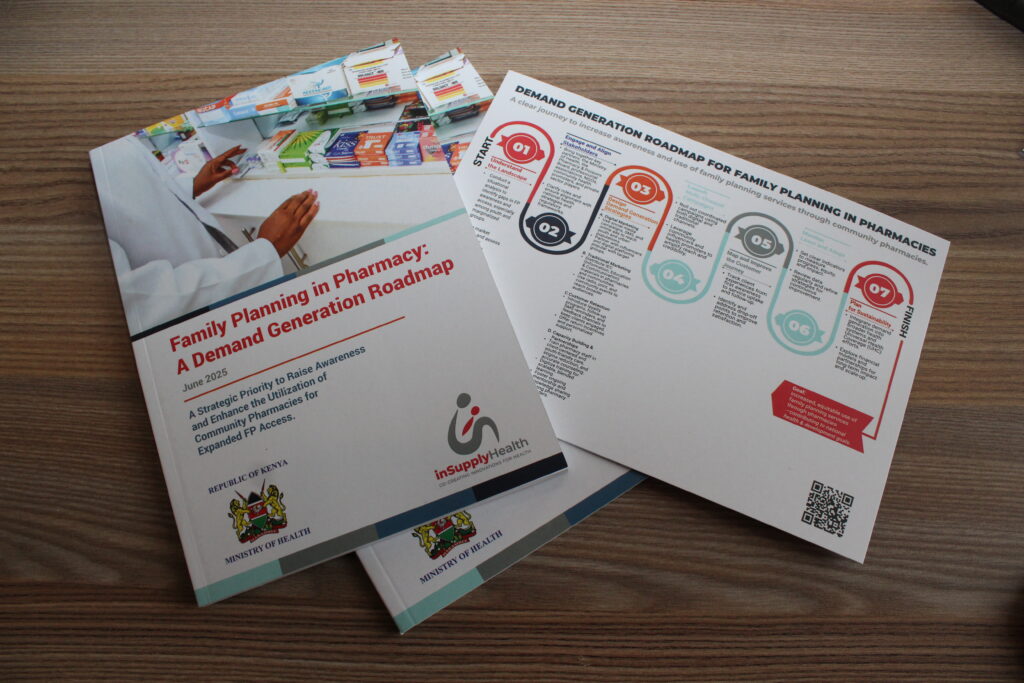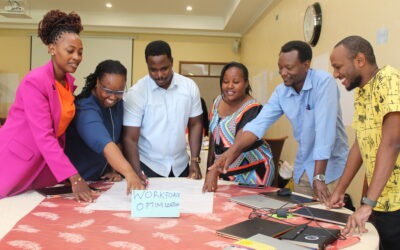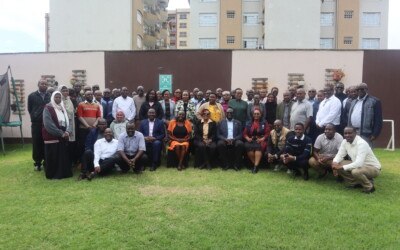
The Strengthening Pharmacy Provision of Contraceptives in Kenya (Market Test) project revealed a powerful truth: community pharmacies, long a first point of contact for Kenyans seeking health services, are a vital but underutilized channel for family planning (FP). Our research showed that with the right support, pharmacies could not only expand FP access and choice but also offer a discreet and client-centered experience that customers valued. The challenge, however, was to translate this potential into a viable and scalable business model that would benefit both public health and private providers.
The findings from this foundational work became the blueprint for the Optimizing the Pharmacy Channel (OPC) project. Using the lessons learned from the Market Test project, we have moved beyond piloting a concept to building the enabling environment for a nationwide, sustainable private-sector family planning access ecosystem, aligned to the Ministry of Health’s total market approach.
From Pilot to Scale: Institutionalizing Quality and Capacity
The Market Test project proved that community pharmacies are becoming a preferred source for family planning/ contraceptive services. To build on this momentum, the OPC project is focused on institutionalizing the necessary capacity and support. Working with the Ministry of Health – Division of Reproductive Maternal, Neonatal, Child and Adolescent Health( DRMNCAH) and pharmacy professional associations: Pharmaceutical Society of Kenya ( PSK), Kenya Pharmaceutical Association (KPA), inSupply adopted a county-level trainer-of-trainers (TOT) approach, empowering 40 experts to train over 200 community pharmacies across 10 counties. These champions now serve as FP ambassadors, ensuring ongoing support and quality service delivery at the sub-national level.
Recognizing the need for a standardized approach, OPC, in collaboration with the MOH and Pharmacy and Poisons Board (PPB), developed a technical assistance tool to guide pharmacies through an accreditation process. This effort not only validates pharmacies as official FP providers but also ensures a consistent standard of care across all locations.
Forging a Policy Framework for Sustainability
One of the key takeaways from our initial research was the need for stronger policy and regulatory support. The OPC project has directly addressed this by collaborating with the Pharmacy and Poisons Board (PPB) to develop new policies and frameworks that raise the bar for pharmacy practice in Kenya.
- Standardized Rules: The new Pharmacy Training and Practice Rules provide a clear legal framework that standardizes service delivery across the country, building on the foundational work of the 2018 national guidelines.
- Quality Assurance: The project also helped draft a Quality Assurance Framework, aligning it with the Kenya Quality Model for Health. This framework establishes a clear benchmark for good practice and integrates FP service delivery, ensuring pharmacies uphold the highest standards of care.
Strengthening the System: Integration and Visibility
The MT project highlighted that client-centered innovations and service integration are critical for building loyalty and return business. The OPC project has taken this a step further by building systemic tools that link pharmacies to the wider health system.
- Seamless Referrals: We developed a bi-directional referral tool that connects pharmacies to health facilities. This simple tool ensures clients can be directed to a facility for long-acting methods or from a facility to a pharmacy to get FP during a stock-out or after regular operating hours.
- Data-Driven Decisions: The MT project showed that strong client relationships are key to driving repeat visits. To bring this to scale, OPC partnered with the Ministry of Health to digitize pharmacy reporting within the Kenya Health Information System (KHIS). For the first time, this provides a comprehensive view of FP services across the public and private sectors, driving visibility, accountability, and evidence-based decision-making.
Unlocking Demand Through a Collaborative Approach
The MT project identified that product availability and affordability are critical to unlocking demand. Recognizing that this is a multifaceted challenge, OPC brought together over 18 organizations to co-create a Family Planning Demand Generation Roadmap. By aligning the efforts of diverse stakeholders—from digital health innovators to professional associations—this collaborative approach ensures that resources are optimized and messaging is consistent.
The Optimizing the Pharmacy Channel project is built on the belief that pharmacies are potent allies in the journey toward universal health coverage. By using the evidence from our foundational work, inSupply is systematically addressing policy, capacity, and systemic barriers to turn pharmacies into a trusted, catalytic force for family planning in Kenya.



